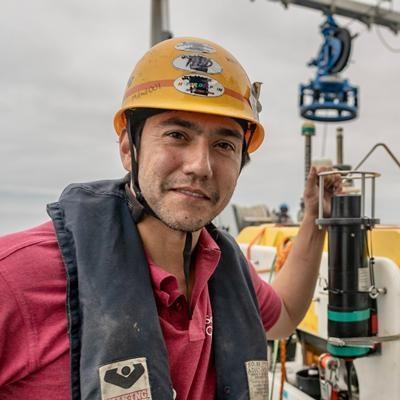Project overview
Funded through an EU Horizon 2020 Research and Innovation grant, TechOceanS will develop nine innovative technologies and methods for deep sea sensing, sample collection and on-board analysis, and AI-driven image processing and transmission.
Our role in the project is with the development of a gold-standard labelled imaging dataset to be able to train machine learning models. These ML models will then be used in diverse marine platforms to classify benthic and pelagic images. The resulting classifications will be remotely sent to shore-based operators to inform in real-time of the discoveries being made.
For more information visit https://techoceans.eu/.
Our role in the project is with the development of a gold-standard labelled imaging dataset to be able to train machine learning models. These ML models will then be used in diverse marine platforms to classify benthic and pelagic images. The resulting classifications will be remotely sent to shore-based operators to inform in real-time of the discoveries being made.
For more information visit https://techoceans.eu/.
Staff
Lead researcher
Other researchers
